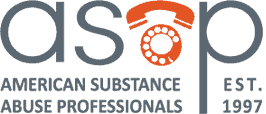Three shaky months into recovery from heroin addiction, Dariya Pankova found something to ease her withdrawal. A local nonalcoholic bar sold a brewed beverage that soothed her brain and body much as narcotics had. A perfect solution — before it backfired.
Ms. Pankova grew addicted to the beverage itself. She drank more and more, awakened her cravings for the stronger high of heroin, and relapsed. Only during another stay in rehab did Ms. Pankova learn that the drink’s primary ingredient, a Southeast Asian leaf called kratom, affects the brain like an opiate and can be addictive, too.
“It’s preying on the weak and the broken,” said Ms. Pankova, 23, a Brooklyn native who received treatment in Delray Beach. “It’s a mind-altering substance, so people like me who are addicts and alcoholics, they think just because it’s legal, it’s fine. It’s a huge epidemic down here, and it’s causing a lot of relapses.”
Some users embrace kratom as a natural painkiller and benign substitute for more dangerous substances that, in most states, is legal. But its growing popularity and easy availability are raising concerns among substance abuse experts and government officials who say it is being furtively marketed as a way out of addiction, even though it is itself addictive. Worse, some of those experts say, kratom can lead some addicts back to heroin, which is cheaper and stronger.

